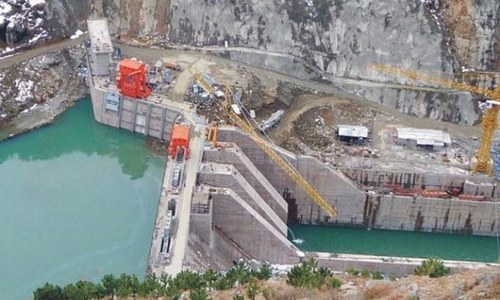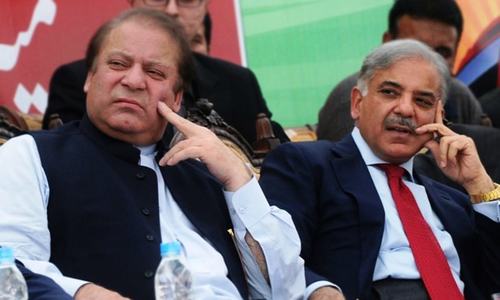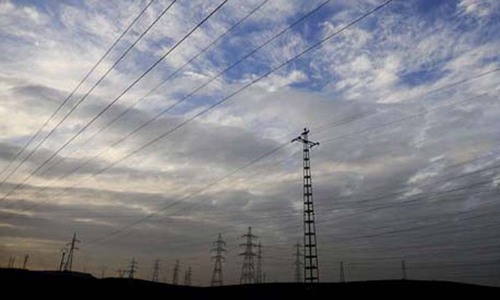ISLAMABAD: Disappointed by the power regulator’s ‘stubbornness’, the government is planning to seek judicial intervention to jack up the consumer tariff of the controversial Nandipur power project by over 34 per cent in a bid to make it ‘viable’.
A senior government official told Dawn that the Ministry of Water and Power and power companies had exhausted all institutional and regulatory instruments to secure Nandipur’s tariff on actual cost. The National Electric Power Regulatory Authority (Nepra) had blocked all avenues of tariff increase based on actual cost, even rejecting review and reconsideration requests.
“We have decided to go into appeal against the Nepra determinations before a high court,” the official said, adding that “necessary instructions have been passed on to the Northern Power Generation Company Limited”, which operates the Nandipur project, “to complete formalities to move a high court at the earliest”.
Nepra has repeatedly turned down requests by the government and its power companies to assume the total cost of the 425-525MW Nandipur project at Rs65 billion while determining its tariff. But the regulator has considered the project cost at Rs42bn in a 30-year tariff that averages Rs11.64 per unit (kilowatt-hour).
The government’s desire could bring this tariff to Rs15.63 per unit — an increase of 34pc. The cost increase is being sought due to project delays, resultant cost overruns, penalties paid to contractors and the cost of laying a gas pipeline to carry imported re-gasified liquefied natural gas (RLNG) to the project site to run the plant at its full 525MW capacity.
The power regulator has written time and again that it had allowed all prudent costs in the tariff, and that consumers could not be punished for the omissions or commissions of the project authorities. “The project delays and cost escalations are not the faults of the consumer,” said a Nepra official.
Similarly, there was no precedent to allow for the cost of a gas pipeline in the power tariff because the pipeline should be constructed by the gas company, treated as the gas company’s asset and made part of the gas company’s revenue requirement, he said.
The government has claimed in its regulatory filings that the Nandipur project was non-viable at the given tariff of Rs11.63 per unit on the basis of the Rs42bn cost estimate.
Nepra has tried to convince the government that the project could become viable if the government scales down its 15pc return on equity to 7.5pc. Also, the gas pipeline cost should be shouldered by the gas company, where it actually belongs.
The regulator is of the view that allowing a cost overrun, project delays and pipeline costs in gas tariff could set a legal precedent for the private sector to claim cost increases, hence the government should not set a bad precedent to penalise innocent consumers and, instead, bear the additional cost out of its own budget and reduce its return on equity.
Early this month, Nepra rejected a reconsideration request from the water and power ministry and declined to change its determined tariff. An official said the project had already incurred more than Rs12bn in losses at this tariff, which hardly covered the Rs35bn in project loans.
The Nandipur plant has been in the limelight for more than five years because of inordinate delays, cost overruns and allegations of mismanagement, corruption and kickbacks. Nepra had earlier rejected a review petition filed by the generation company on Jan 29 this year that also sought to increase project cost by 55pc to Rs65bn.
A finance ministry official said the fact of the matter was that an expense had been made because of the cost escalation, which had to be recovered from somewhere and regularised. He said that no government functionary could be expected to fund the cost difference out of their own pockets.
A fresh controversy had erupted last year when the plant was shut down due to technical faults and a tussle between the chief of the power company and the water and power ministry. This led to a series of audits, probes and parliamentary debates, but nobody was held accountable.
Published in Dawn September 26th, 2016













































